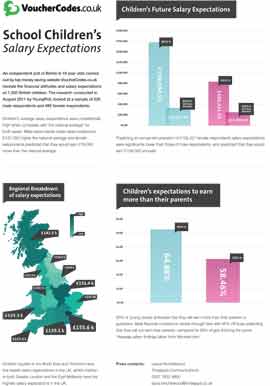A recent study carried out by the Chartered Institute of Personnel and Development (CIPD) has led it to announce that there is a ‘clear mismatch’ between the expectations of employers and young peoples’ understanding of what is expected from them.
The report takes a deep look at the recruitment process from both points of view. Whilst it highlights a number of mismatch areas that employers and policy makers should address, we’ve interpreted the areas young people can improve upon in order to better their chances during the recruitment process.
One key point made by the report is the lack of feedback from employers, which is de-motivating many young people. On the other hand, employers justify this through the large amounts of un-tailored applications they receive.
This is a key factor in the early stages of an application. Young people looking for work should take the time to understand the company before applying; a ‘scattergun’ approach is simply not acceptable. Applicants should always research the company fully using the array of information available: the company website, their social channels, news feeds and blog for instance. They should particularly examine the company career section; many employers utilise large dedicated online areas explaining their company’s values and what they’re looking for in vacancies. Wren Kitchens, for instance, has a full Wren Careers microsite which would provide a pool of valuable guidance when tailoring an application.
The report also highlights lengthy selection processes which have little to no transparency. Whilst this is mainly down to the employer, potential candidates should not be afraid to enquire about the interview process beforehand; company open days or employment fairs are ideal opportunities to gain these sorts of insights.
The report also acknowledges a common cycle that many young people find problematic: employers requiring ‘experience’, even for entry-level roles. Many first-time applicants and graduates will have honed these skills internally, through their studies or life experience. It is up to them to make this clear, identifying the skills necessary for a role and matching them with genuine examples of how they have displayed or developed these abilities is an essential step prior to any job application.
The CIPD will be working with the Education and Employers Taskforce on a scheme which will get volunteers hosting CV and interview workshops in schools. CIPD chief executive officer Peter Cheese says: “This mismatch needs to be addressed, not only to reduce youth unemployment and the long-term impact it can have on young people, but also to ensure UK businesses are equipped with the right talent for the future.”






